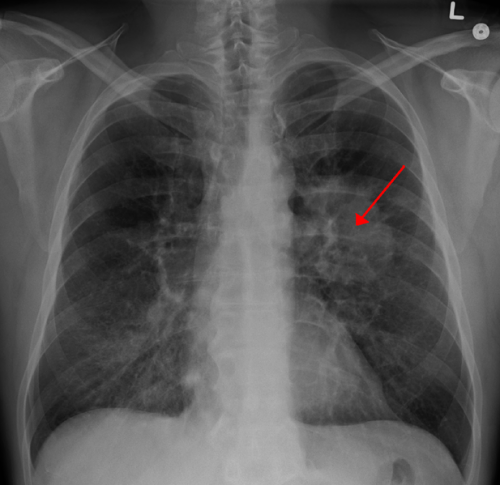CHEST releases expert guidelines for lung cancer screening

The American College of Chest Physicians (CHEST) recently released a new clinical guideline, Screening for Lung Cancer: CHEST Guideline and Expert Panel Report. The guideline contains 16 evidence-based recommendations and an update of the evidence base for the benefits, harms, and implementation of low-dose chest computed tomography (CT) screening.
Lung cancer is by far the leading cause of cancer death among both men and women, making up almost 25% of all cancer deaths. Evidence suggests that low-dose CT screening for lung cancer can reduce cancer-related deaths in the group that is screened. The new guidelines provide recommendations on the selection of screen-eligible individuals, the quality of imaging and image interpretation, the management of screen detected findings and the effectiveness of smoking cessation interventions.
“The goal of these guidelines is to assist stakeholders with the development of high-quality screening programs and arm clinical providers with the information necessary to engage at-risk individuals in order to increase the number of screenings,” says lead author Peter Mazzone, MD, MPH, FCCP. “Outlined in the recommendations is who should be screened and what that screening process should look like from the clinical side. For an individual patient, these guidelines highlight the importance of education to foster informed, value-based decisions about whether to be screened.”
Of the 16 recommendations, the guidelines presented in the report include the following:
- For asymptomatic individuals aged 50 to 80 who have smoked 20 pack years or more and either continue to smoke or have quit within the past 15 years, we recommend that annual screening with low-dose CT should be offered.
- We suggest that low-dose CT screening programs develop strategies to maximize compliance with annual screening exams and evaluation of screen detected findings.
- For individuals who currently smoke and are undergoing low-dose CT screening, we recommend that screening programs provide evidence-based tobacco cessation treatment as recommended by the U.S. Public Health Service.
The full list of recommendations can be found here.
Source: Read Full Article



